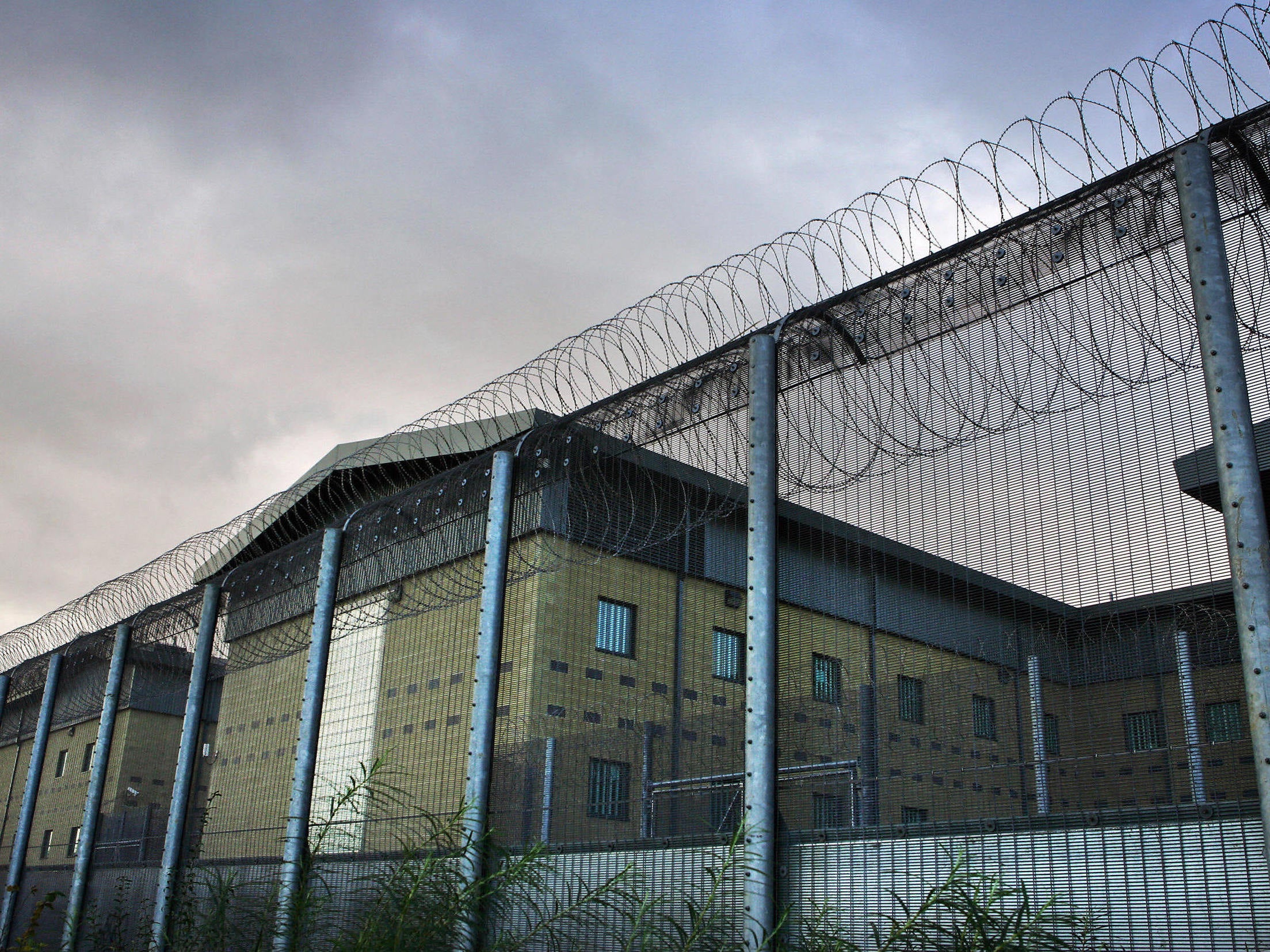Home Office should no longer have power to detain people, MPs say
Cross-party group also calls for 28-day time limit to end ‘trauma’ of indefinite detention

The Home Office should lose the power to detain people in immigration detention centres, MPs have said in a report which also calls for an end to locking people up indefinitely.
The Joint Committee on Human Rights (JCHR) said the current system should be “urgently” reformed to make it more fair and humane, and urged that more should to be done to make detention estates “less like prisons”.
It also called for a 28-day time limit to end the “trauma” of indefinite detention, recommending that only in exceptional circumstances should the Home Office be able to apply to a judge who would decide whether a further period of detention should be authorised.
Calls to end indefinite detention in the UK were recently backed by the UN refugee agency, and home secretary Sajid Javid last year pledged to look into how time limits on the detention of immigrants work in other countries.
The committee said that under the current immigration detention system, “mistakes were inevitable” because there was “no independence in the decision making” as the power to detain is wielded by the department which is charged with deportations and removals.
Citing the series of mistakes accepted by the Home Office in detention cases involving Commonwealth members of the Windrush generation, the report notes a “lack of rigour” in detention decisions.
Windrush generation: threat of deportation from UK
Show all 15It said that in cases where the Home Office plans to detain a person – which applied to 45 per cent of cases – it should ask an independent body for authority to make a detention order.
Descirbing the process, chair of the committee Harriet Harman said: “A civil servant – nameless, faceless and behind closed doors – just ticks a box to detain them. The first that person will know about it is when someone bangs on their door in the early hours of the morning to bundle them into an immigration enforcement van and take them to a detention centre.
“Those we get to hear about are probably only the tip of the iceberg, but we do know that £21m was paid out by the Home Office in just five years to compensate for wrongful detention, and terrible mistakes are certainly what happened in the Windrush cases.”
The committee said it had looked at the Home Office files of Windrush citizens who had been unable to prove their UK residence, and that there was “masses” of evidence, including records of national insurance contributions going back decades.
“If there had been any independence in the decision making, these people would never have been detained, yet they were detained not once but twice. The papers in their files were ignored, and the pleas of their families were swept aside,” Ms Harman added.
“After the right to life, the right not to be unlawfully detained is one of the most important human rights. It should not be the case that a person has fewer protections from wrongful detention as an immigrant than they would if they had actually committed a crime.”
The MPs also said detainees should have better and more consistent access to legal aid to challenge their detention, and that a reinstatement of legal aid for immigration cases should be considered.
Sam Grant, policy and campaigns manager for Liberty, supported the calls, describing indefinite detention as an “ineffective and inefficient waste of money and human life”.
Bella Sankey, director of Detention Action, also backed the calls, saying a 28-day time limit was “urgently” needed along with early judicial oversight and safeguards against “cat and mouse” re-detentions.
“The JCHR has expertly laid bare the injustice and abuse inherent in our current system. Parliament will have the opportunity to take this historic step when it considers the immigration bill and we urge MPs of all parties to take it,” she added.
Leila Zadeh, executive director of UK Lesbian & Gay Immigration Group, welcomed the report but called for the government to bring an end to the detention of LGBT+ people, saying it was “wholly inappropriate”
“They run a significant risk of being locked up among other people who may display the same discriminatory attitudes and hostility from which they have fled. They also frequently struggle to be granted refugee status if they have to make their asylum applications from inside a detention centre,” she added.
A Home Office spokesperson said: “Immigration detention is an important part of the wider immigration system, but we are committed to usingdetention sparingly and only when necessary. Ninety-five per cent of people liable for removal at any one time are managed in the community.
“Any decision to detain someone is reviewed by a Detention Gatekeeper who acts independently from referring and case working teams to ensure an individual’s suitability for detention has been fully assessed, and any vulnerabilities have been considered.
“An individual is only detained when there is realistic prospect of removal within a reasonable timescale. We do not detain people indefinitely, and the law does not allow it.”
Subscribe to Independent Premium to bookmark this article
Want to bookmark your favourite articles and stories to read or reference later? Start your Independent Premium subscription today.

Join our commenting forum
Join thought-provoking conversations, follow other Independent readers and see their replies